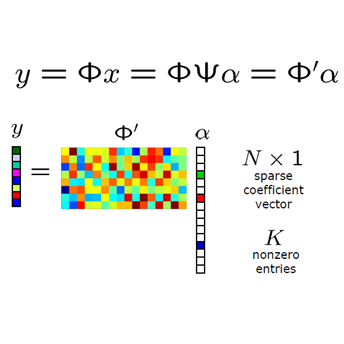In realistic compressed sensing (CS) scenarios, the obtained measurements usually have to be quantized to a finite number of bits before transmission and/or storage, thus posing a challenge in recovery, especially for extremely coarse quantization such as 1-bit sign measurements. Recently Meng & Kabashima proposed an efficient quantized compressed sensing algorithm called QCS-SGM using the score-based generative models as an implicit prior. Thanks to the power of score-based generative models in capturing the rich structure of the prior, QCS-SGM achieves remarkably better performances than previous quantized CS methods. However, QCS-SGM is restricted to (approximately) row-orthogonal sensing matrices since otherwise the likelihood score becomes intractable. To address this challenging problem, in this paper we propose an improved version of QCS-SGM, which we call QCS-SGM+, which also works well for general matrices. The key idea is a Bayesian inference perspective of the likelihood score computation, whereby an expectation propagation algorithm is proposed to approximately compute the likelihood score. Experiments on a variety of baseline datasets demonstrate that the proposed QCS-SGM+ outperforms QCS-SGM by a large margin when sensing matrices are far from row-orthogonal.
翻译:在现实的压缩遥感(CS)情景中,获得的测量结果通常必须在传输和(或)储存前以数量有限的比位进行量化,从而在恢复方面构成挑战,特别是对于极粗的量度测量,例如1比位标志测量。最近,Meng & Kabashima提议采用基于分数的基因化模型,将QCS-SGM作为隐含的隐含的QCS-SGM 高效量化压缩算法。由于基于分数的基因化模型在捕捉先前的丰富结构方面的力量,QCS-SGM的性能明显优于先前量化的CSS方法。然而,QCS-SGM限于(约为)行-正方位感测矩阵,否则可能性分就会变得棘手。为了解决这一具有挑战性的问题,我们在本文件中建议改进QCS-SGM(我们称之为QCS-SGM+)的版本,它对于一般矩阵也非常有效。关键的想法是,对概率的计算进行巴伊西亚推论式的推论,据此提议一种预期的传播算法,这样可以大致比较概率评分分,从而估计概率分分。在概率上对概率评分。当中,而从远的轨道上测测基质测地基数。当量测基数的模型显示远的大小的大小的测算。




